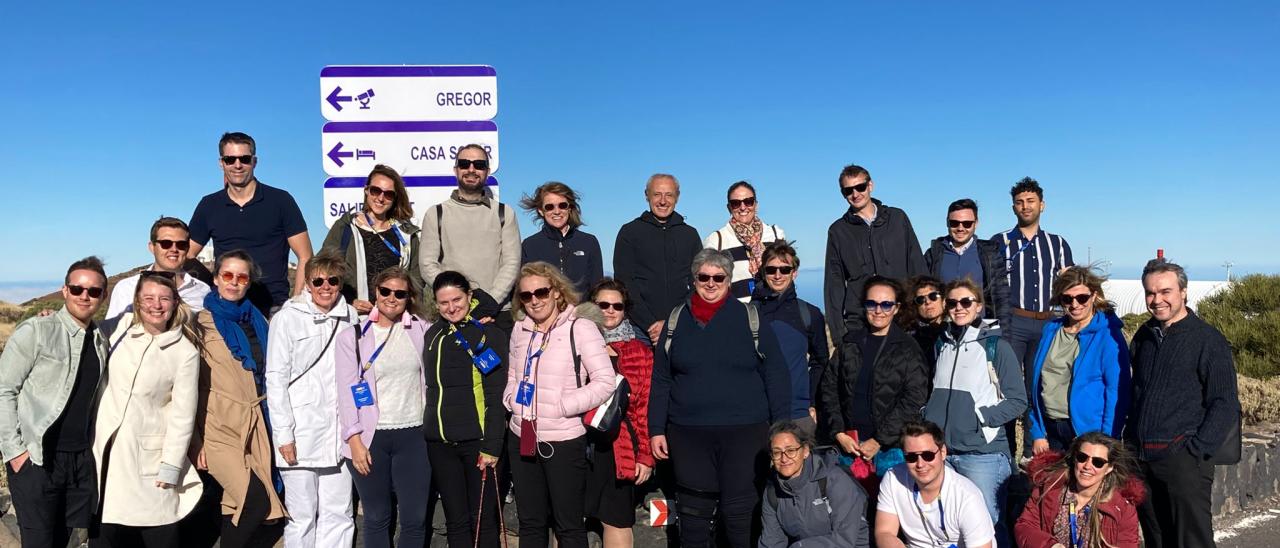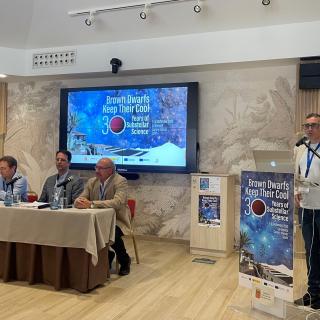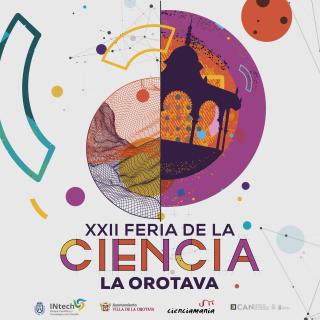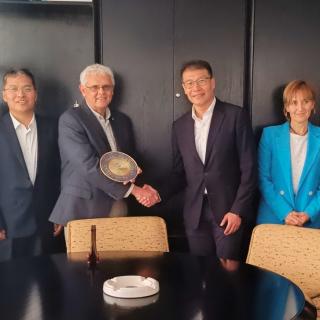Members of the Space Working Group of the Competitiveness and Innovation Council of the European Union (Space Group) held a working meeting in San Cristóbal de La Laguna and visited the Teide Observatory and the Roque de los Muchachos Observatory on 19 and 20 October respectively. The Space Group is responsible for the development of European space policy and related legislation.The visits are included in the activities within the framework of the Spanish Presidency of the Council of the European Union and were organised by the Permanent Representation of Spain to the European Union. A working day was also held on the first day of the visit, which was opened by Rafael Rebolo, Director of the Instituto de Astrofísica de Canarias. At the meeting, Casiana Muñoz, Deputy Director of the Institute, explained to the representatives of the Member States the value of dark and quiet skies and the need to preserve them for astrophysical research, as well as their importance for sustainability. The promotion of dark skies is being promoted as a priority in European Union policies during the Spanish Presidency.
At the Teide Observatory in Tenerife they visited the facilities of the Optical Ground Station (OGS), IAC80, QUIJOTE and some of the robotic telescopes. The following day, at the Roque de los Muchachos Observatory in La Palma, they visited the Gran Telescopio Canarias (GTC) and the Cherenkov telescopes (LST-1 and MAGIC 1 and 2). At both observatories they received information about the research being carried out by their scientific research staff and were accompanied by Casiana Muñoz, deputy director of the IAC, and Emilio García, administrator of the Roque de los Muchachos Observatory.



